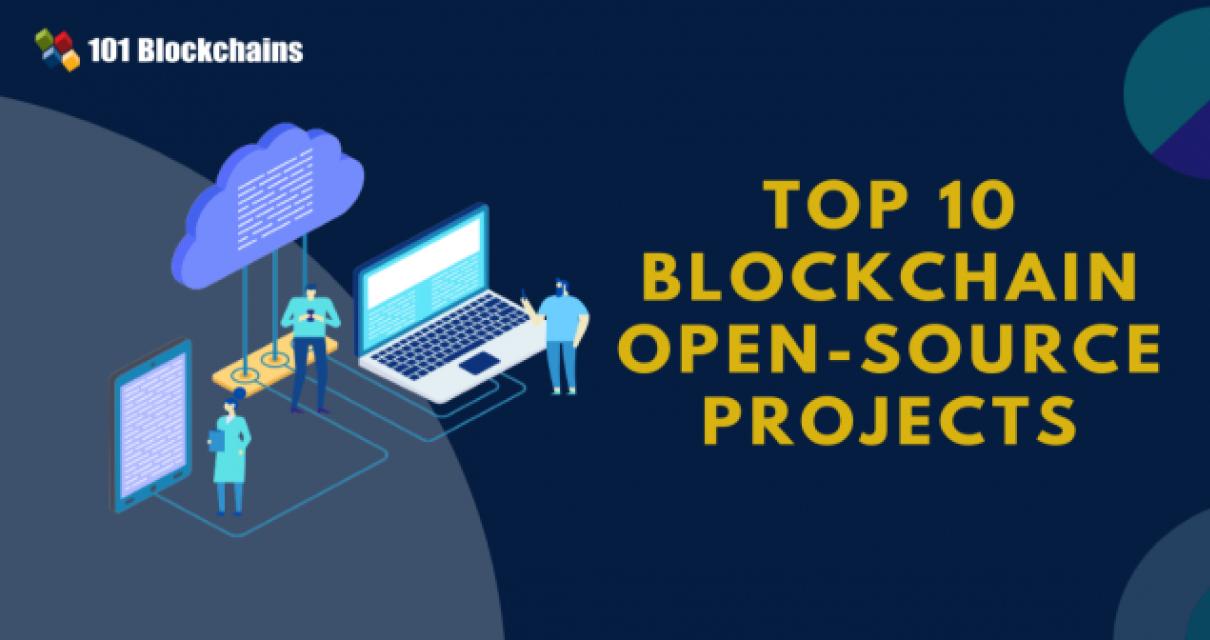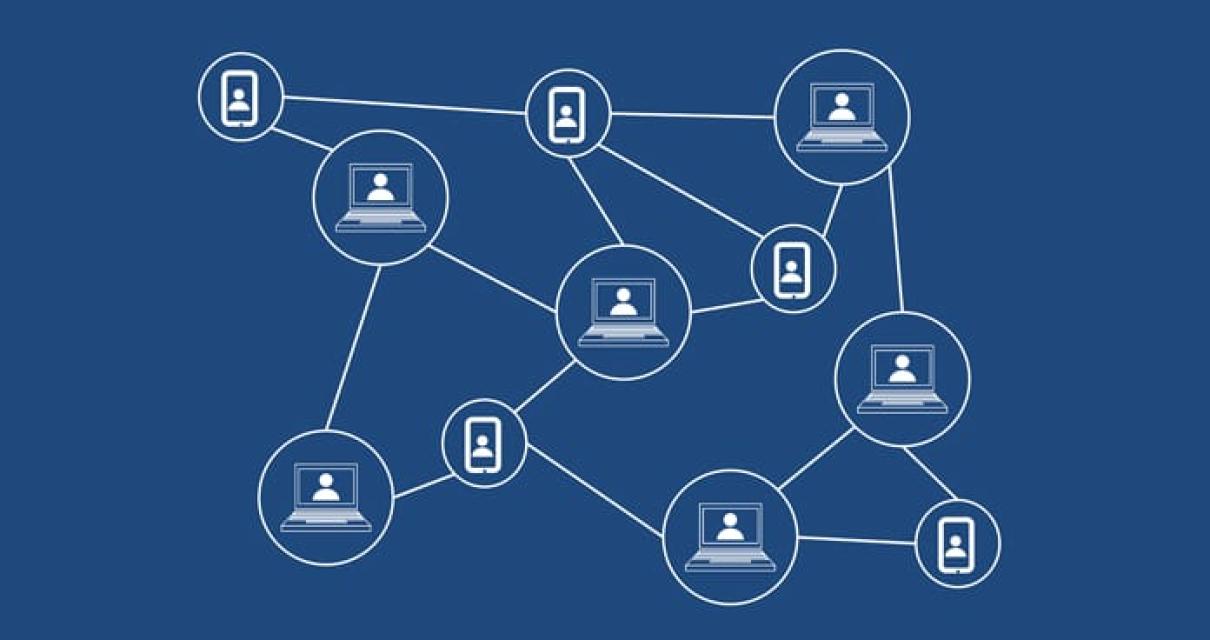What is an open source blockchain and how does it work?
An open source blockchain is a distributed database that allows anyone to access and use it. The database is made up of individual blocks, which are linked together using a chain of blocks. Each block contains a list of transactions that have taken place in the network. This way, everyone can see how much money is being spent and where it is being spent.
The benefits of using an open source blockchain
There are a number of benefits to using an open source blockchain. These include the following:
1. Greater transparency and security: Because an open source blockchain is publicly available, it is much more transparent than traditional databases, which are typically protected by proprietary software. This makes it easier for individuals and organizations to verify the accuracy of information stored on the blockchain. Additionally, because the blockchain is distributed across a network of computers, it is more secure than centralized databases.
2. Increased efficiency and scalability: Open source blockchain technology can help to increase the efficiency and scalability of transactions within a network. This is due to the fact that it allows for the simultaneous processing of multiple transactions, which would be difficult to do with traditional databases.
3. Lower costs: Because open source blockchain technology is free to use, it can lead to lower costs for both individuals and businesses. This is because there is no need to pay for software licenses or other associated costs.
4. Greater flexibility: Open source blockchain technology allows for greater flexibility in the design of networks and applications. This is because it allows for the incorporation of new features and modifications without having to re-build the entire system.
The top open source blockchains available today
Bitcoin
Ethereum
Ripple
Litecoin
NEO
Qtum
IOTA
Bitcoin, Ethereum, Litecoin, Ripple and IOTA are the most popular blockchains today. They are all open source, meaning that anyone can view the code and make modifications. NEO is a blockchain platform that runs on its own virtual currency, NEO. Qtum is another open source blockchain platform that focuses on smart contracts.

How to choose the right open source blockchain for your project
In order to choose the right open source blockchain for your project, you first need to understand what a blockchain is. A blockchain is a distributed database that allows users to securely store and exchange information.
Once you understand what a blockchain is, you need to consider which type of blockchain will best suit your needs. There are three main types of blockchains: public, private, and consortium.
Public blockchains are open to everyone and are typically used for financial transactions. Private blockchains are closed to outsiders and are used for more sensitive information, like medical records. Consortium blockchains are created when multiple parties agree to work together and share data.
Once you have decided on the type of blockchain you need, you need to decide on the platform. There are two main platforms for blockchain technology: Ethereum and Bitcoin. Ethereum is more popular than Bitcoin, but both platforms have their own advantages and disadvantages.
Ethereum is better suited for larger projects because it has more features and supports more languages. Bitcoin, on the other hand, is better suited for small projects because it is faster and easier to use.
Once you have chosen the type of blockchain, the platform, and the features you need, you can begin to look for a suitable open source blockchain. There are dozens of different blockchains available, so it is important to do your research before selecting one.
Some of the best open source blockchains include Ethereum, Bitcoin, Bitcoin Cash, Litecoin, EOS, Cardano, and IOTA.
It is important to remember that not all blockchains are suitable for every project. Before choosing a blockchain, it is important to discuss your project goals and requirements with a qualified blockchain engineer.
Getting started with open source blockchain development
The following are three steps to getting started with open source blockchain development:
1. Choose a blockchain platform.
There are a number of blockchain platforms available, including Ethereum, Bitcoin, and Hyperledger Fabric. It's important to choose a platform that best suits your needs. For example, Ethereum is more versatile than Bitcoin, while Hyperledger Fabric is well-suited for businesses that need to create a shared ledger.
2. Get started with coding.
To get started with coding, you'll need to install a blockchain platform and develop a blockchain application. There are many online resources available to help you get started.
3. Get community support.
The best way to get community support is to join online forums and groups and ask questions. You can also look for sponsorships or funding opportunities to help you accelerate your development.
Building an open source blockchain application
There are a number of open source blockchain applications available. These include:
Bitcoin Core - This is the original open source blockchain application. It is currently the most popular and widely used blockchain application.
Ethereum - Ethereum is a more advanced blockchain application than Bitcoin Core. It enables decentralized applications (dApps) to be built on top of it.
Ripple - Ripple is a blockchain application that enables fast and cheap global transactions.
NEO - NEO is a blockchain application that enables smart contracts and digital assets.

Open source blockchain: The future of the decentralized web
In a world where the decentralized web is the norm, blockchain technology will play a pivotal role. Blockchain is a distributed database that allows for secure, transparent and tamper-proof transactions. It has the potential to revolutionize the way we do business online by cutting out the need for third parties.
One of the biggest benefits of blockchain technology is its ability to securely store data. Unlike traditional databases, which are centralized and can be compromised, blockchain is distributed, meaning it is stored on a network of computers around the world. This makes it incredibly difficult for anyone to hack into the system and access your data.
Another advantage of blockchain is its transparency. Every transaction that takes place on the blockchain is publicly recorded, meaning everyone can see how much money each party is spending. This is ideal for ensuring that transactions are legitimate and that no one is cheating the system.
Finally, blockchain is tamper-proof. This means that even if someone tries to tamper with your data or change the records on the blockchain, they will be unable to do so without being noticed. This is an essential feature, as it ensures that data is always accurate and secure.
Overall, blockchain technology is a powerful tool that has the potential to revolutionize the way we do business online. It is likely to become the standard for storing data and transactions, and will play a major role in the future of the decentralized web.